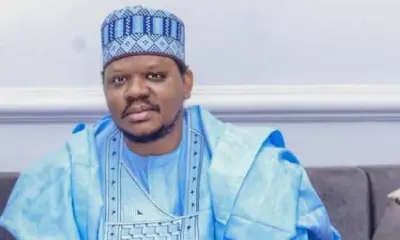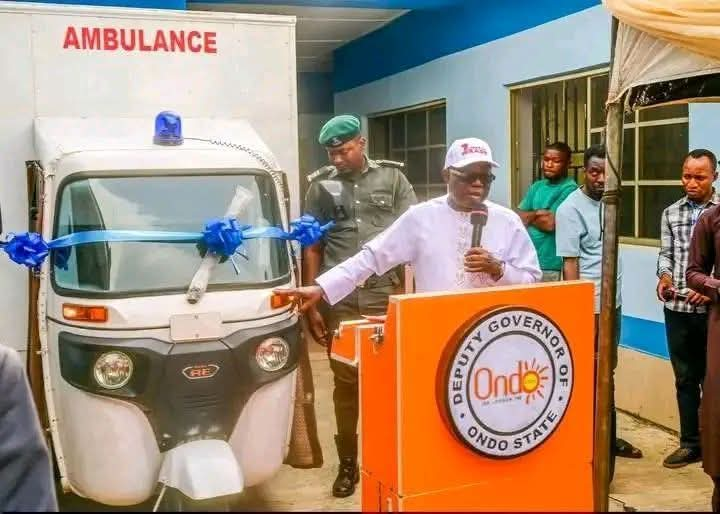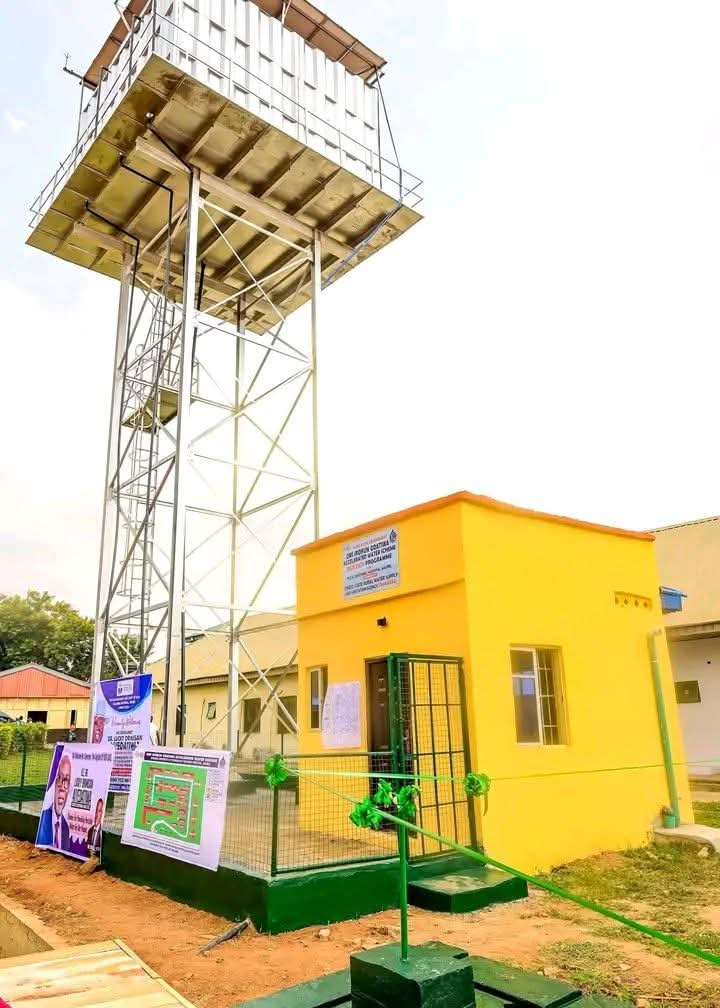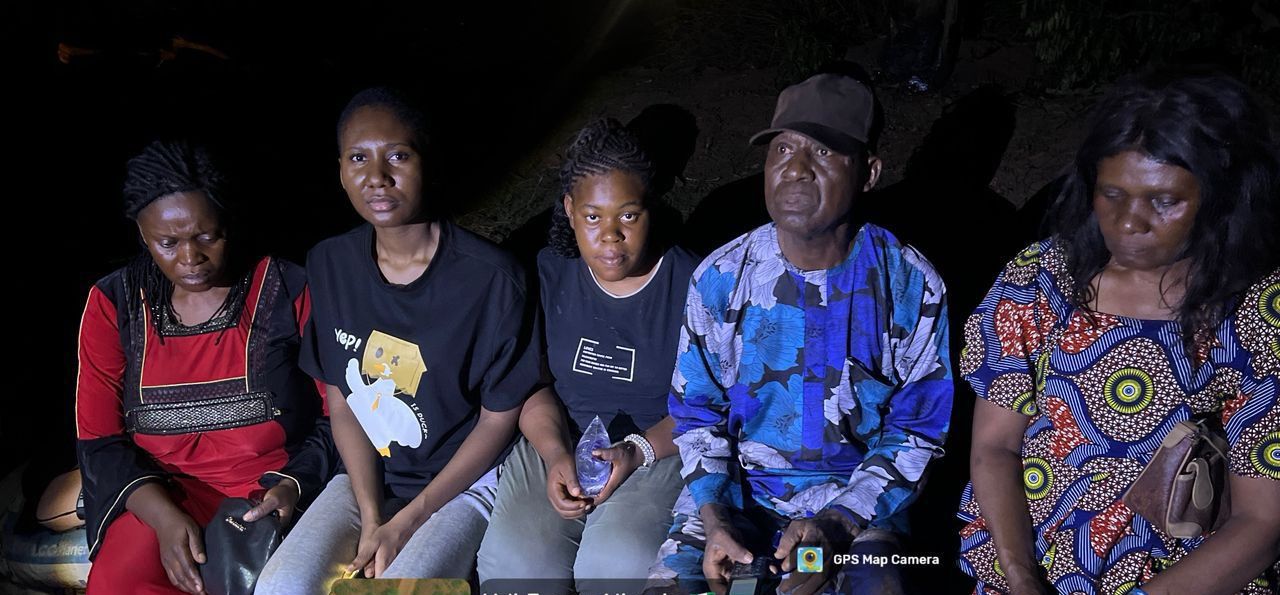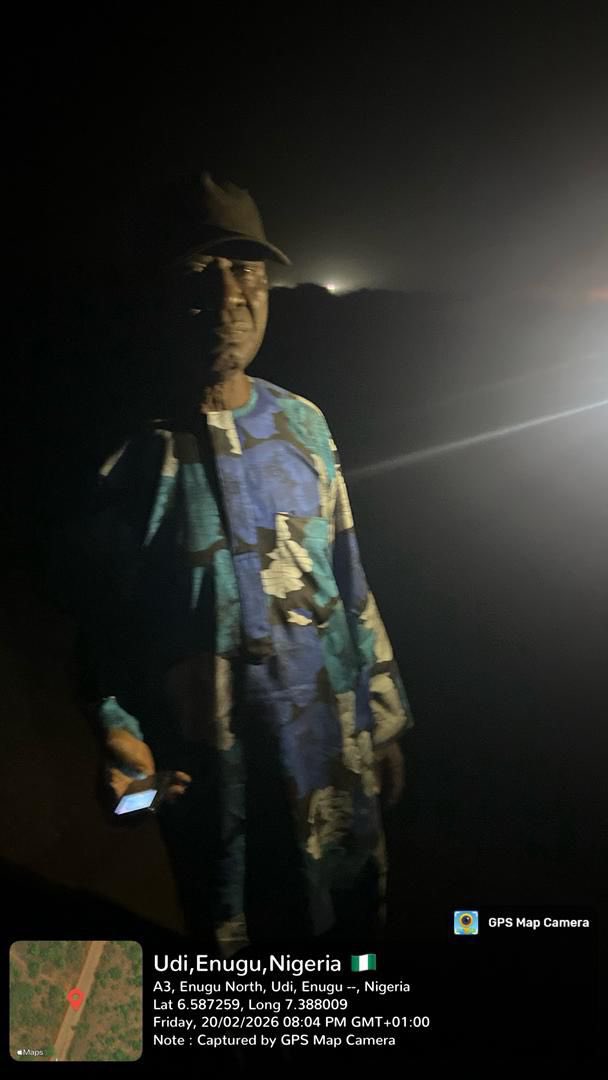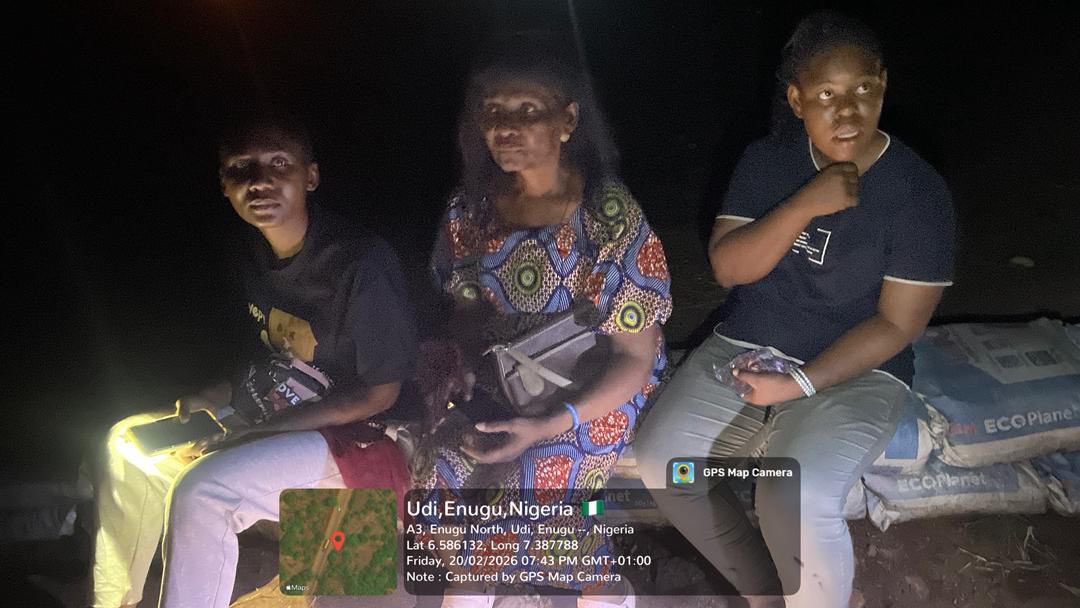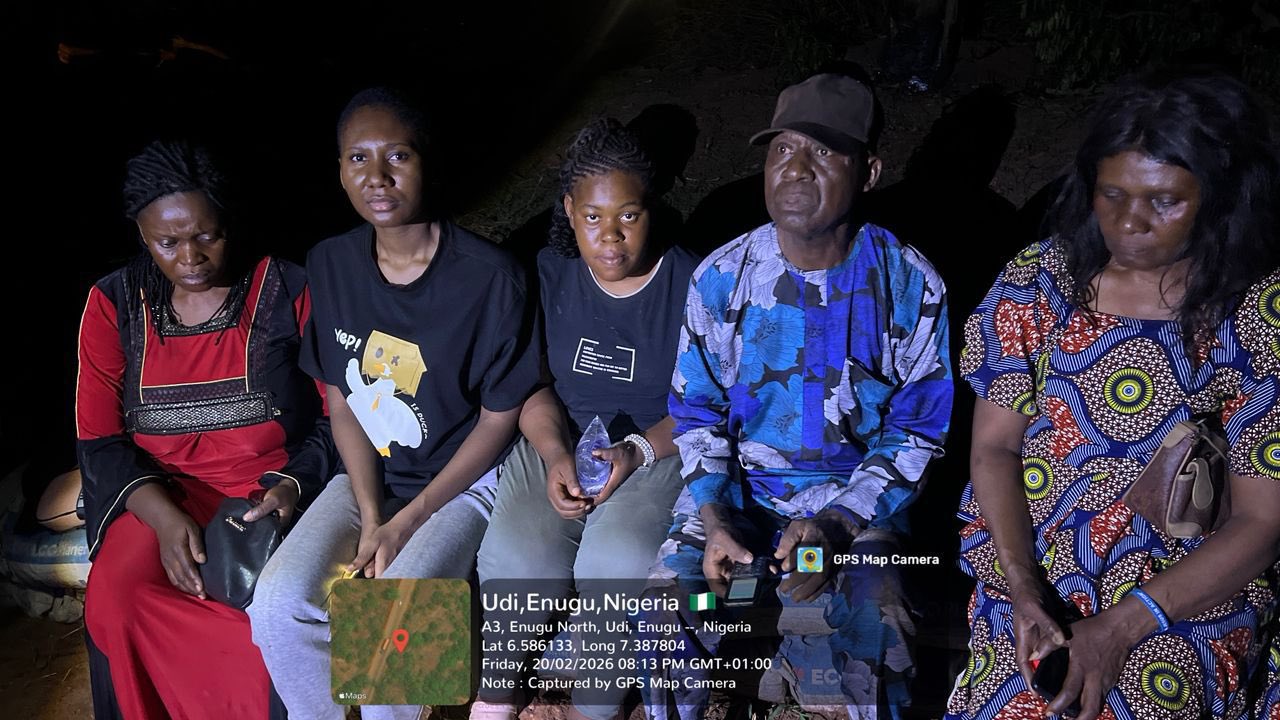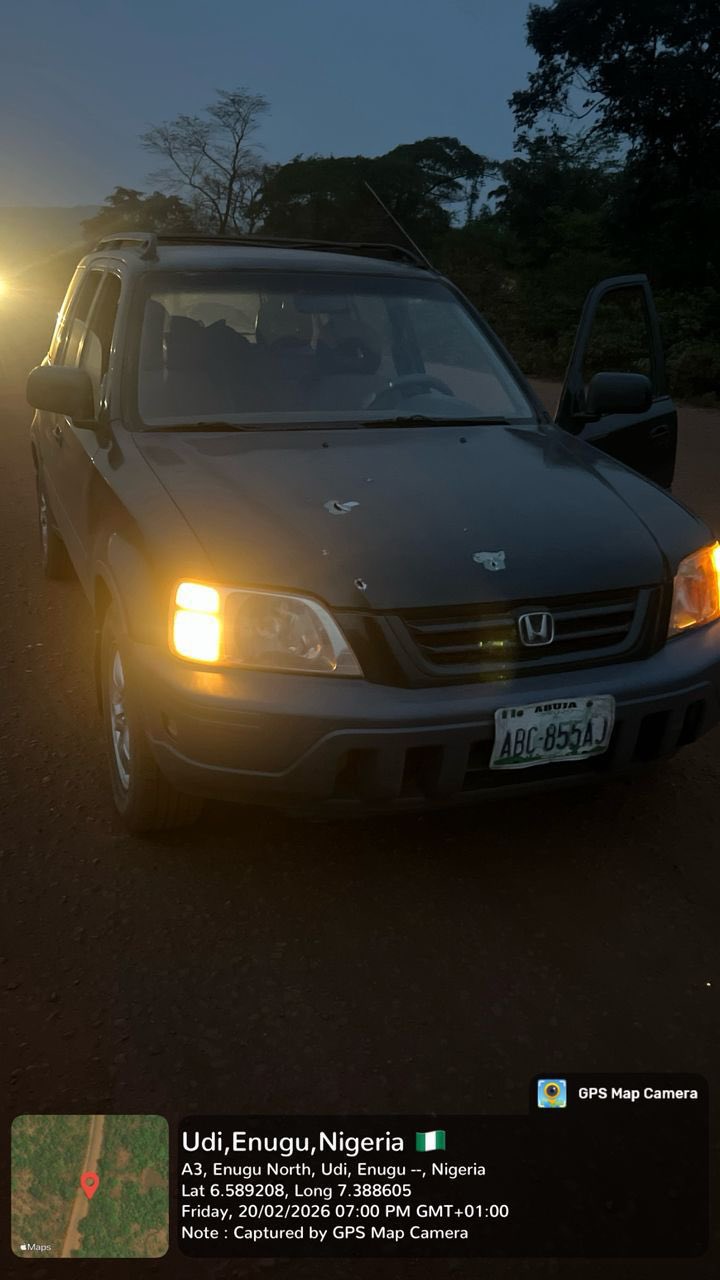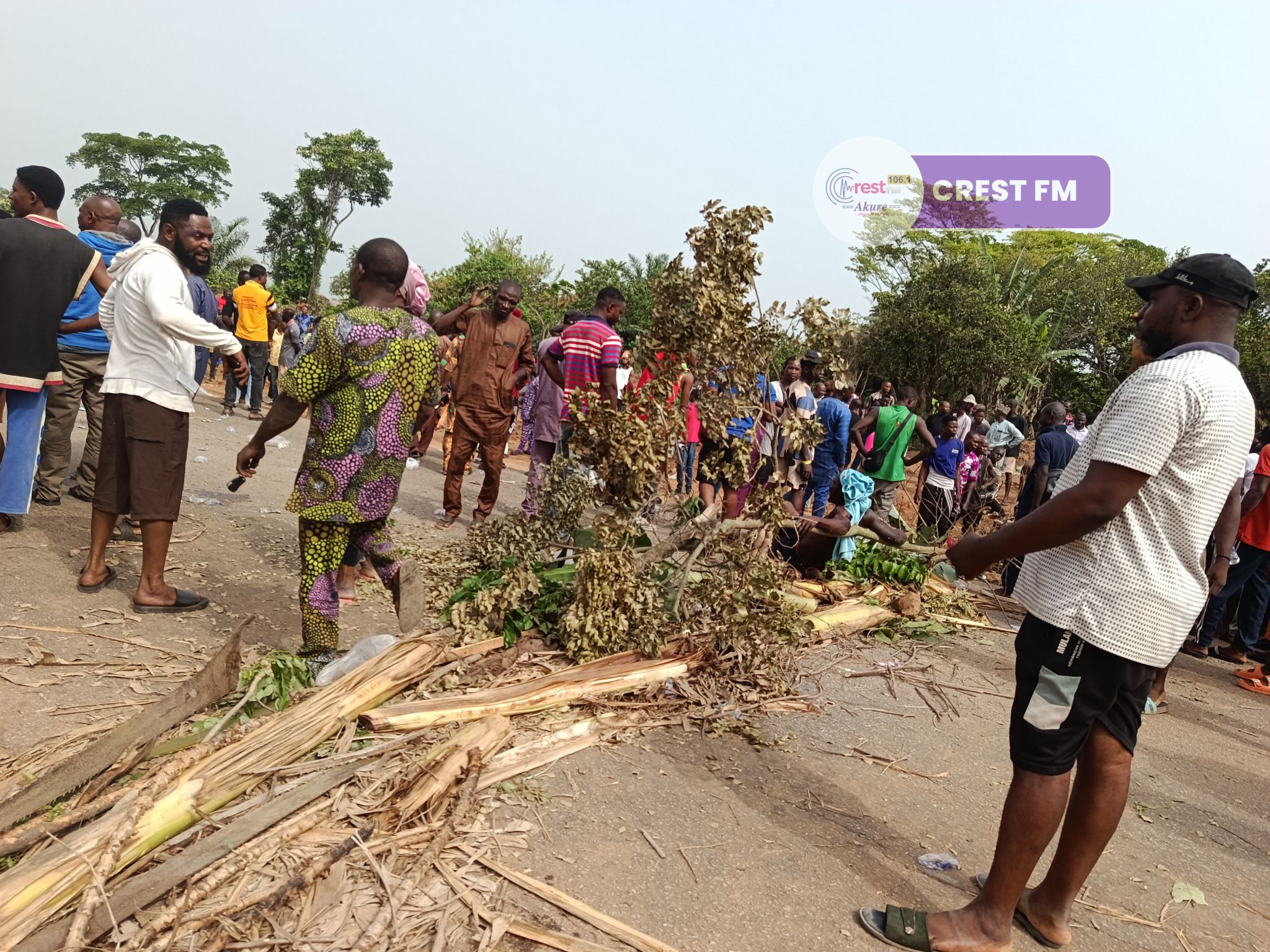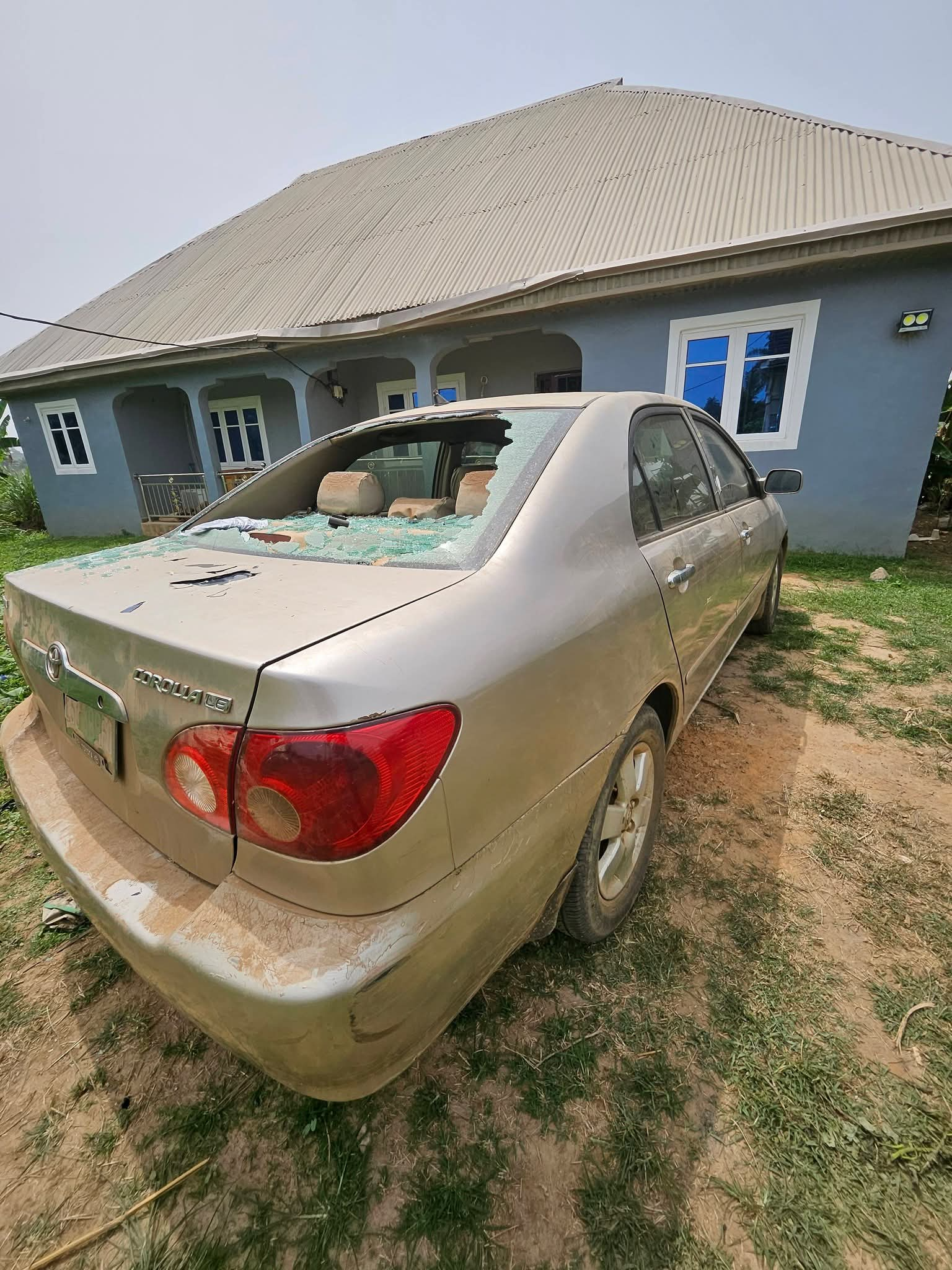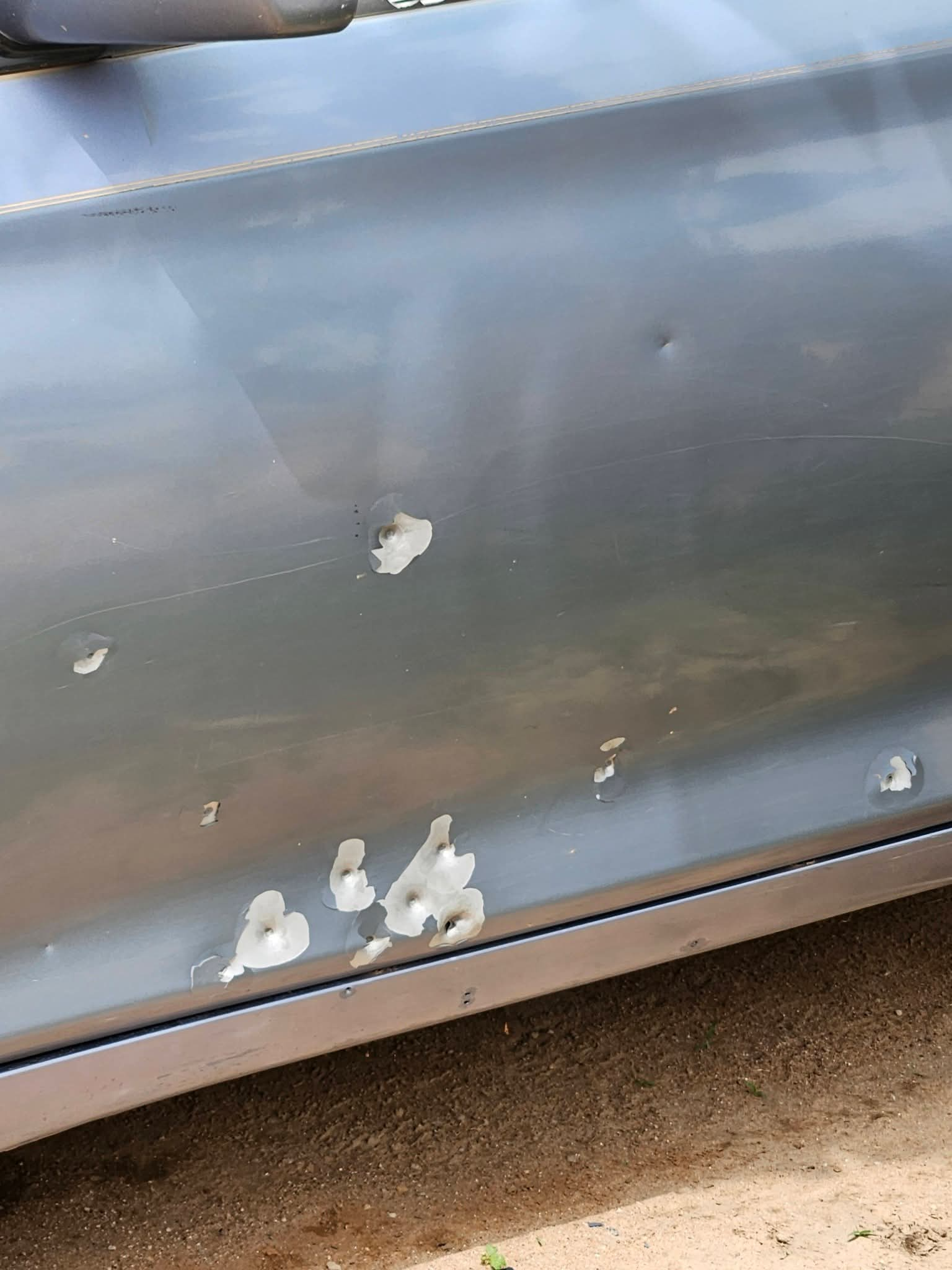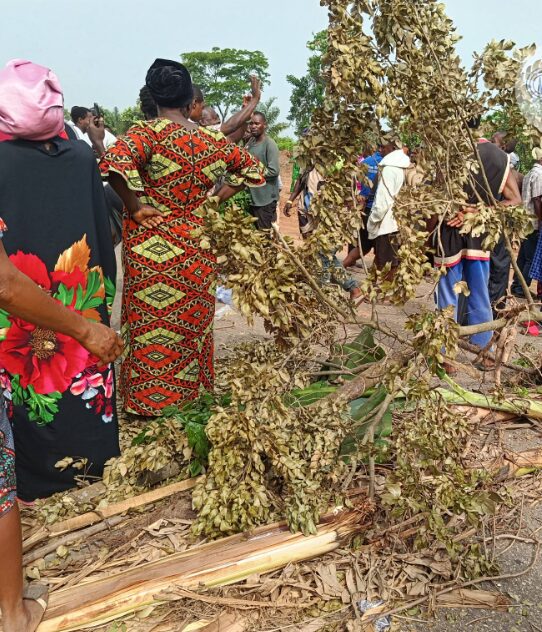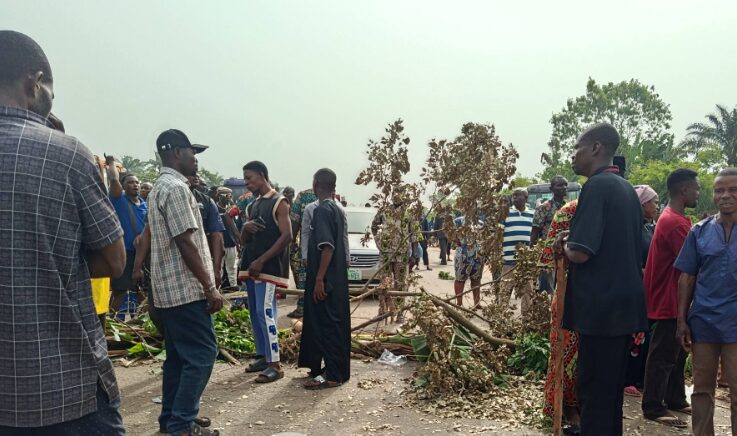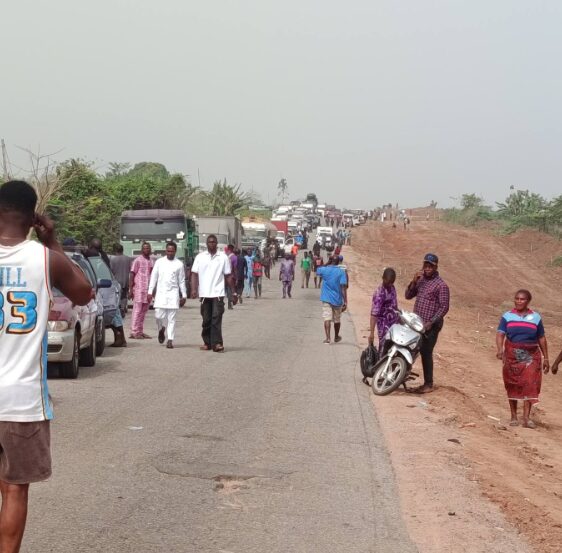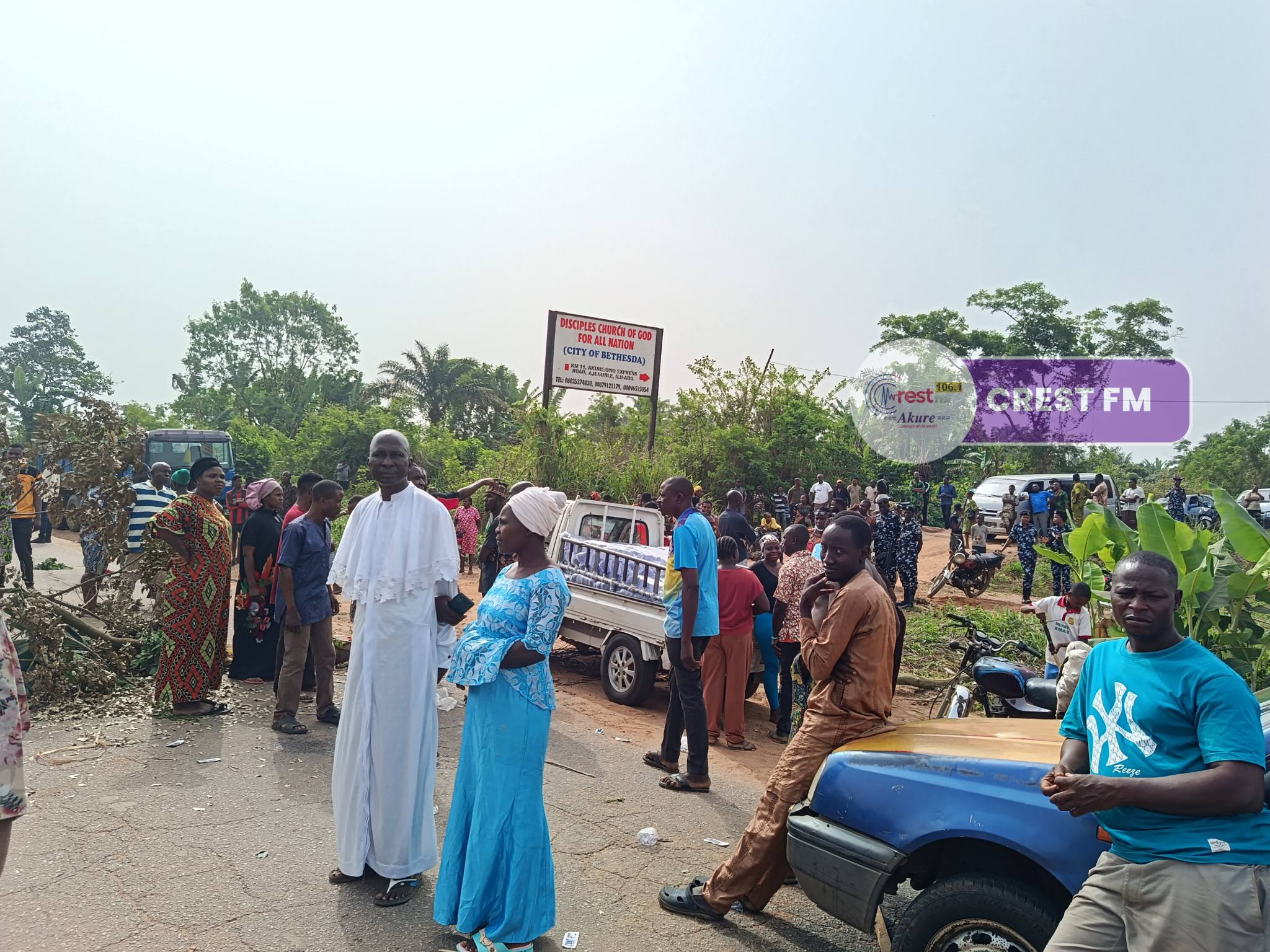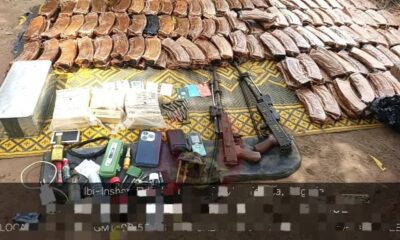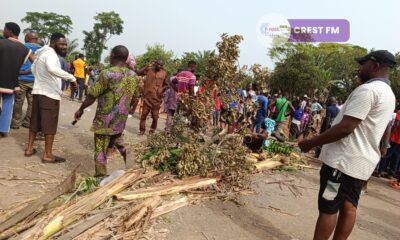More than one year after local government areas got what could be described as favourable landmark judgement, they are yet to be freed from the grip of state governors.
In July 2024, the Supreme Court had ruled in favor of local government autonomy, affirming the financial and administrative independence of Nigeria’s 774 local councils by declaring actions by state governments unconstitutional.
The landmark judgment prohibited states from dissolving elected councils, installing caretaker committees, withholding funds allocated to local governments from the federation account, and managing local government finances.
However, the full implementation of that judgement remains a mirage, opening further calls that the local government system should be scrapped.
A former presidential aspirant of the All Progressives Congress, APC, Adamu Garba, reopened the debate recently when he called for the scrapping of local governments in Nigeria.
Garba said local governments should be scrapped because State governors use it as a back channel to loot funds, stressing that its power should be transferred to traditional rulers within their domain.
“Local governments take their legislation from the state assemblies and you know what that means. Autonomy or not, the LGs are still ATMs of some state governors.
“In reality, there is no country on earth that has a third tier of government except Nigeria. Since it proved to be non-workable, why not scrap it?
“Instead of struggling to get constitutional authority for our traditional rulers, they should be handed over the local government councils and let them run it according to the local culture and tradition of the people within their domain.
“All entitlements due to LGs should be channeled to the leadership of the traditional rulers of such areas. A form of pre-colonial Native Authority we used to have and was very very effective.”
Scrap SIEC not local governments – AA National Chairman
The National Chairman of Action Alliance, AA, Kenneth Udeze, disagreed with the clamour for the scrapping of local governments in Nigeria.
Udeze pointed out that local governments are a necessary tool in conveying the dividends of democracy to the grassroots.
Speaking , Udeze said: “I don’t agree with that school of thought at all, the only challenge we have in Nigeria is leadership and bad governance that has brought us down to our knees where we are today.
“Yes, in as much as some people can argue that local government is a backend for people to cash out, where things are done properly, we can’t say we have three tiers of government from the federal to state and local government and at the end of the day, we still have issues.
“If the Supreme Court of the land has actually made a pronouncement with respect to issues of sending the local government allocations directly to them with the hopes that leaders, politicians, and administrators make sure that the strict letters of the pronouncement of the Supreme court should be respected, for us in the Action Alliance and as the National chairman of a political party in this country, with respect to the constitution amendment that is going on, we emphasize that local government autonomy should remain extant and that issues that has to do with allowing the government to function on its own, that is the only way leadership can be felt at the grassroot.
“As a politician we all know that every politics is local no matter where you stay, if truly we respect morality and as a matter of fact we respect the law, this will go a long way to frustrate the activities of people who are causing unnecessary insecurity because by the time the funds that are meant for local governments are channeled properly without the intervention of the state through joint account – in fact the joint account issue should find a way in the constitution to get it distorted – so that at the end of the day, everything that has to do with local government should go directly to them without the intervention of the state.
“I can tell you that even from the local government where I come from, when you hear the amount allocated, last month’s allocation was over N400 million and when you get back to the village, you ask yourself where is this money being channeled?
“You find out that it’s still the state government that runs those areas. But then when you talk about getting the dividends of democracy to the grassroot, you can’t shy away from the fact that we need local government administration.
“The best way to anchor this is instead of scrapping local governments we should scrap SIEC, the State Independent Electoral Commission in all the states in Nigeria and let INEC, the only independent body known to conduct election be in charge of local government election, so that when election are being conducted in the states of the Federation, you will find out that when people are properly elected, everybody will mind their business – the state and the federal will mind their business.
“So I’m not in support of the school of thoughts that talks about the scrapping of local government administration in Nigeria.”
Scrapping local governments not in Nigeria’s interest – Lawyer
On his part, activist lawyer, Maduabuchi Idam insisted that the scrapping of local governments is not in the interest of Nigeria.
He said that, “The call to scrap local governments in Nigeria is self-serving and I can tell you it’s only promoted by persons who one way or the other believe that such action will benefit them, it’s not in the interest of Nigeria.
“The provision of section 7 of the constitution is very clear and it was intended to bring government to local authorities which is why it created the local government, because the same section established the local government in Nigeria. Also by the same section it was made autonomous.
“By the virtue of the judgment of the Supreme Court delivered in June 2024 which is the AGF vs the AG of the 36 states in Nigeria, It’s clear that local governments have become autonomous and the idea of scrapping it is self-serving.
“How can you agitate that local governments be replaced with traditional rulers that are appointed by the state?
“Traditional rulers are being given office by the state. If it happens, the idea is that local governments should give way so that the state will perpetually supplant itself on the people direct from the state to local authorities because local governments were intended by the same provisions to bring the government closer to the local authority.”
He added that the clamour should be for local governments elections to be transparent not scrap that tier of government.
He said: “The agitation should be that elections into local government should be transparent, they should be asking for reforms which is what Nigerians are clamouring for proper electoral reforms that would enable candidates to emerge not necessarily from the party that is controlling the state.
“If there is a reform by the electoral act, it will enable chairmen of local government to emerge that would not be under any influence of the state, so the agitation should not be to scrap local governments but it should be to strengthen local government to function as it was intended by the virtue of the constitution.”
Execution of the judgment
The lawyer, however, wondered why the Supreme Court judgment has not been executed.
“I must say that I’m not abreast as to the reason that judgment has not been complied with but I can tell you that the judgment of the Supreme Court is supreme.
“It’s qualified, absolute and commands total compliance and no party, no matter how highly placed is big enough to violate the judgment of the Supreme Court and go scot free,” he added.
FOLLOW US ON:
FACEBOOK
TWITTER
PINTEREST
TIKTOK
YOUTUBE
LINKEDIN
TUMBLR
INSTAGRAM

 News25 minutes ago
News25 minutes ago
 News56 minutes ago
News56 minutes ago
 Crime2 hours ago
Crime2 hours ago
 Crime45 minutes ago
Crime45 minutes ago
 Crime2 hours ago
Crime2 hours ago
 News33 minutes ago
News33 minutes ago
 Sports19 minutes ago
Sports19 minutes ago
 Politics9 minutes ago
Politics9 minutes ago
